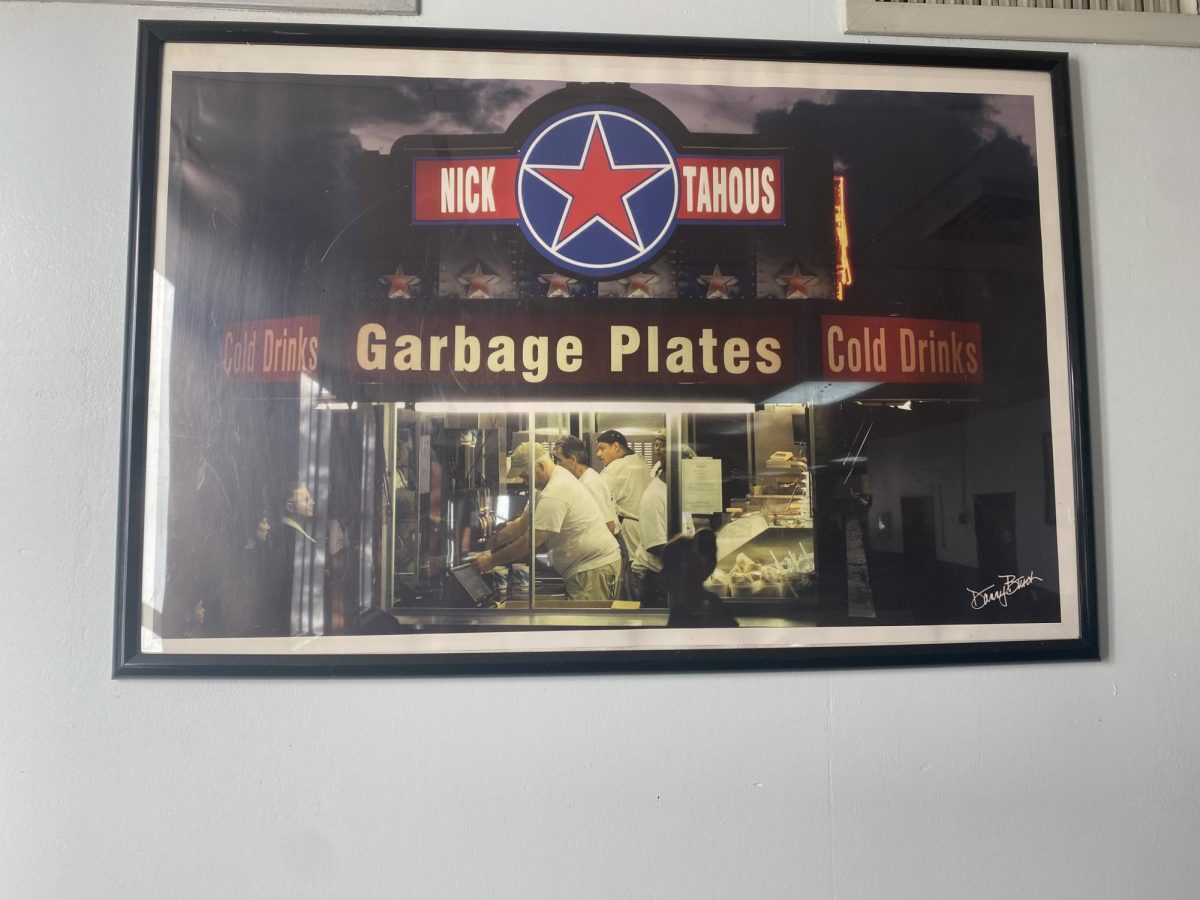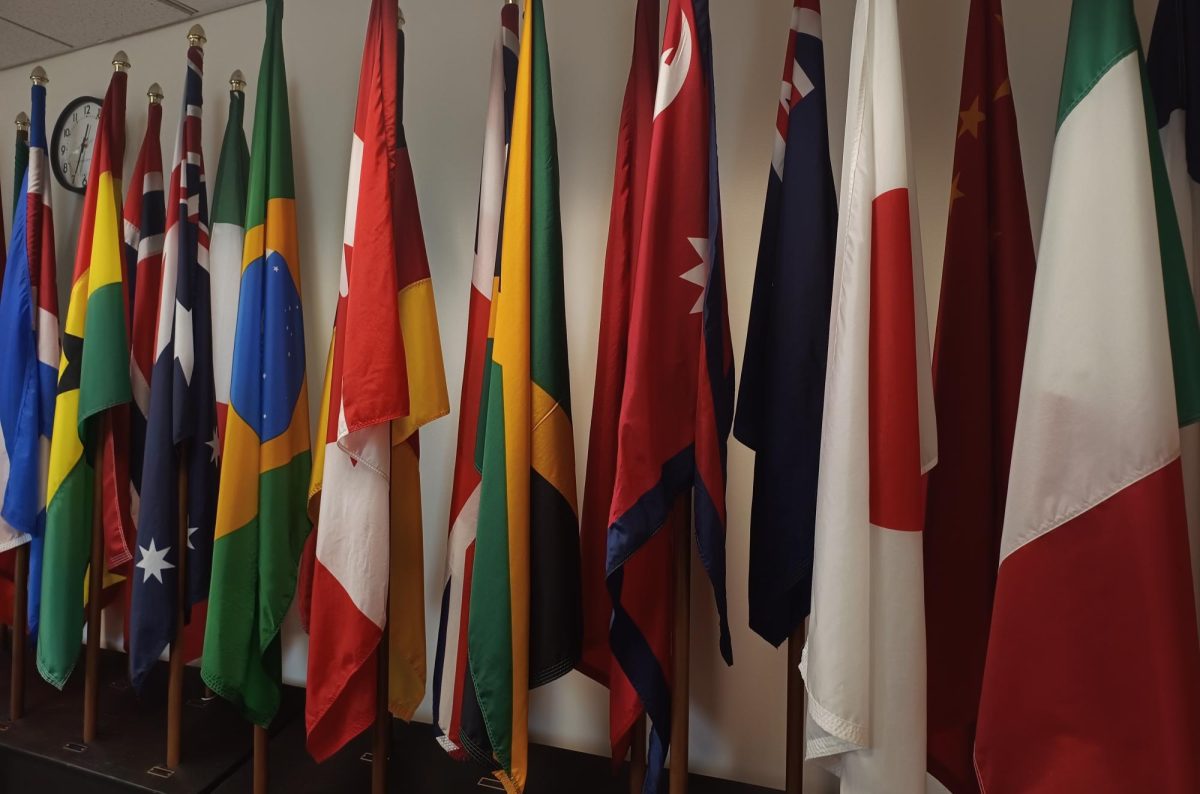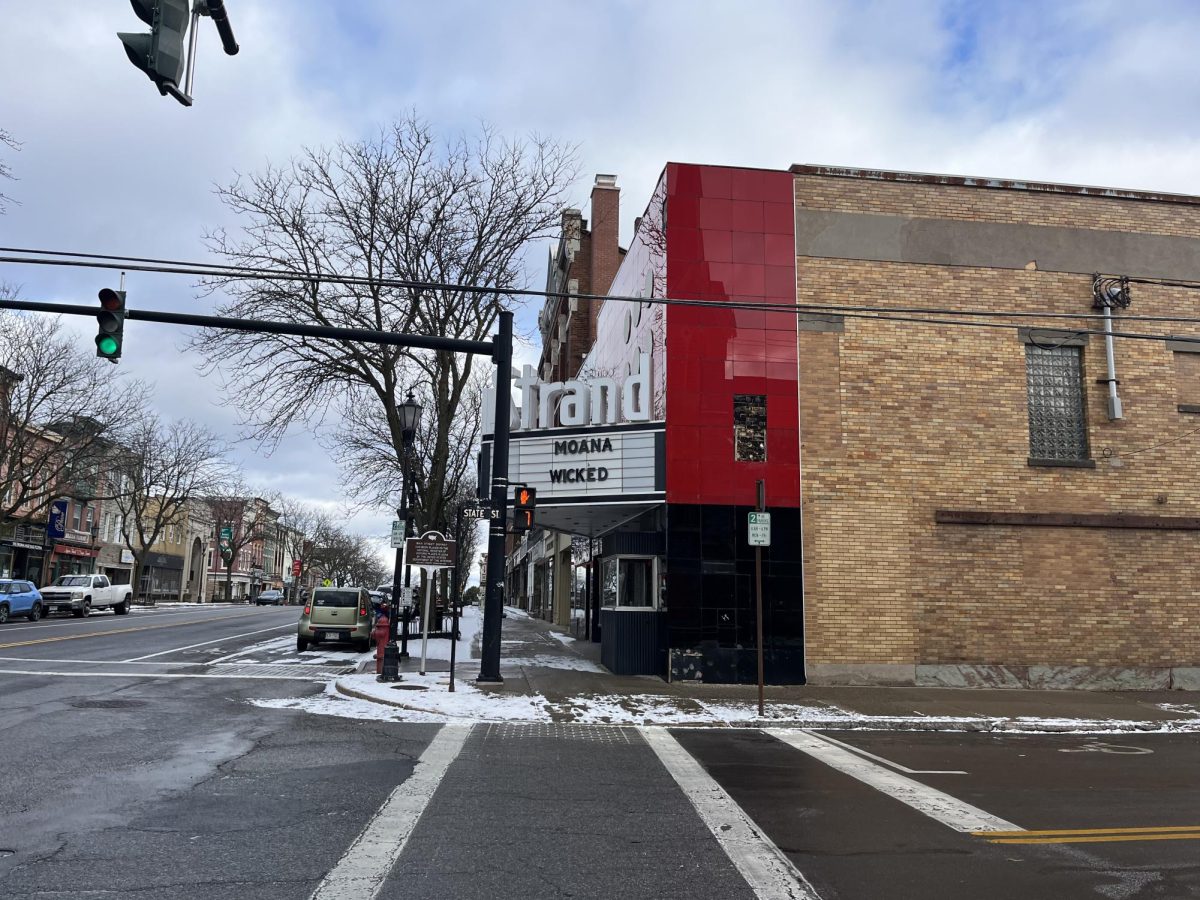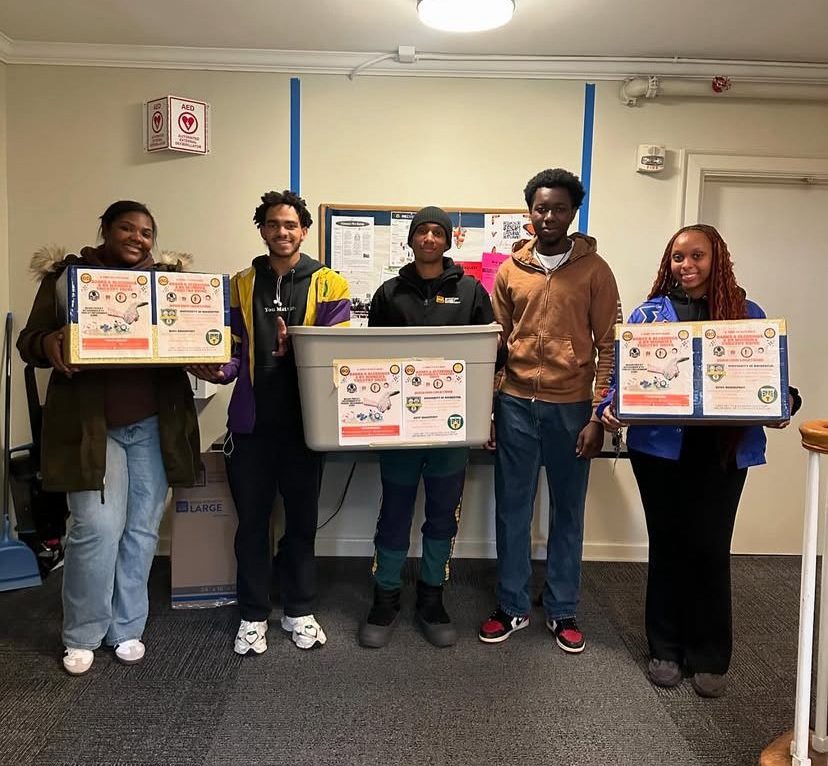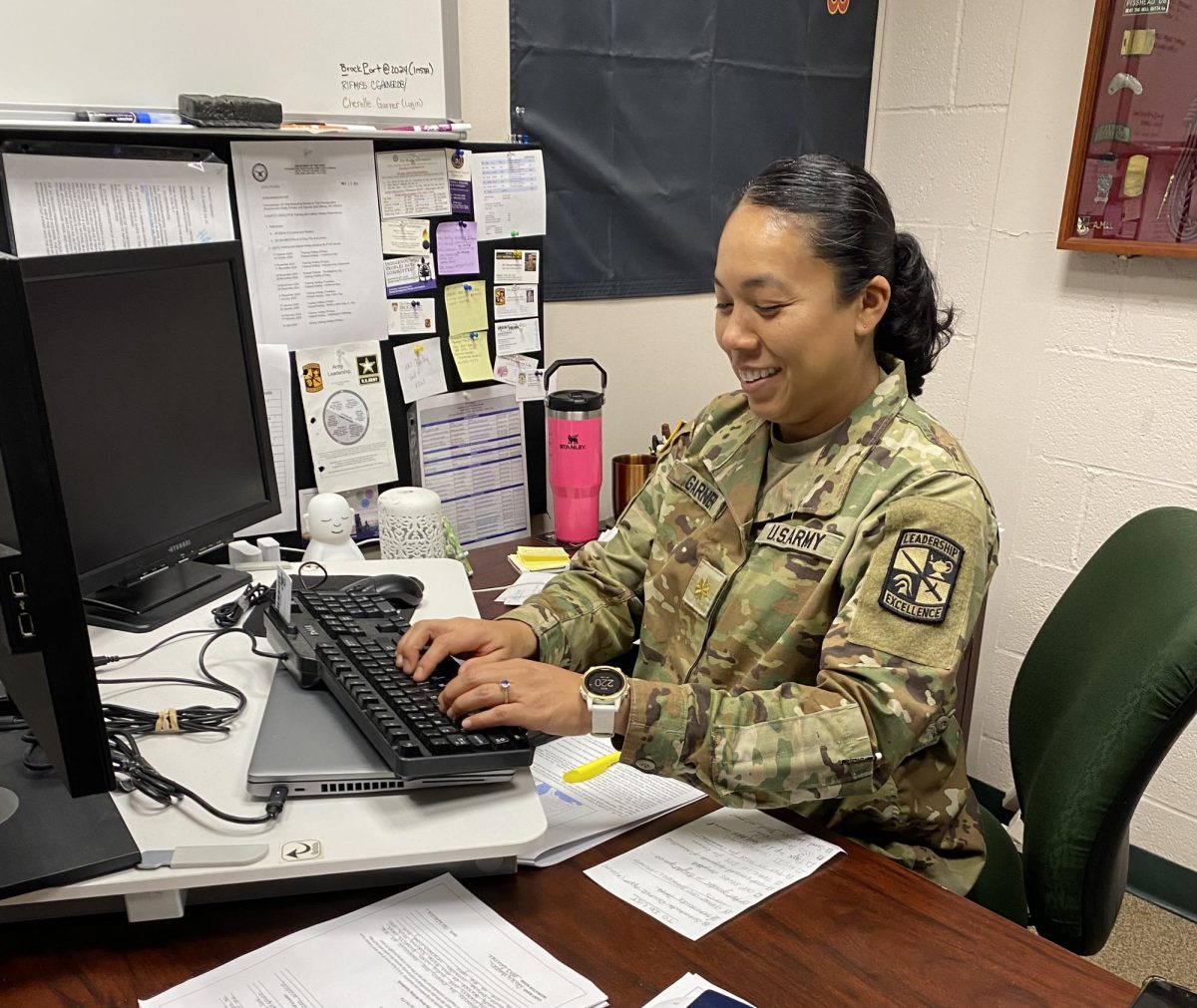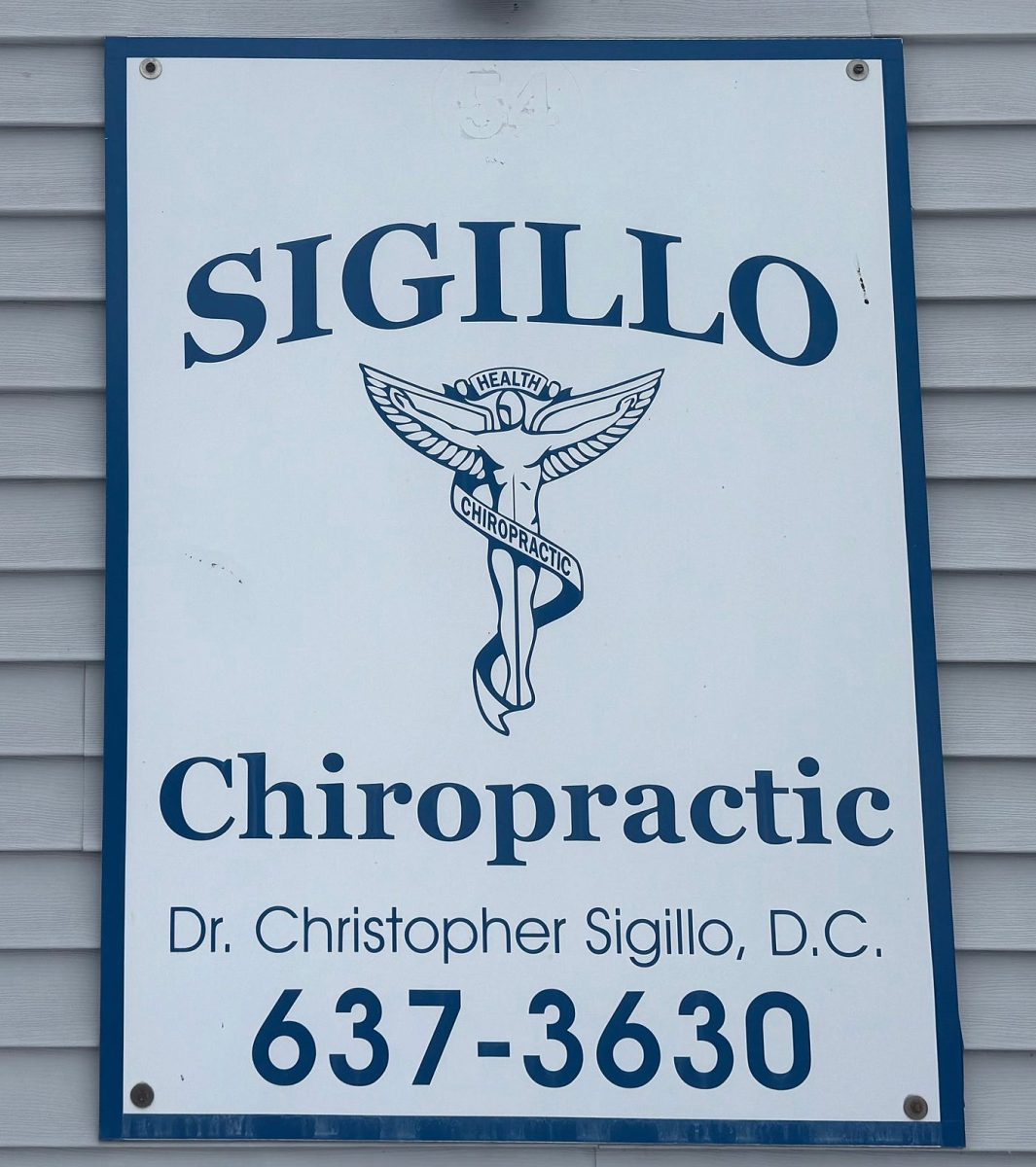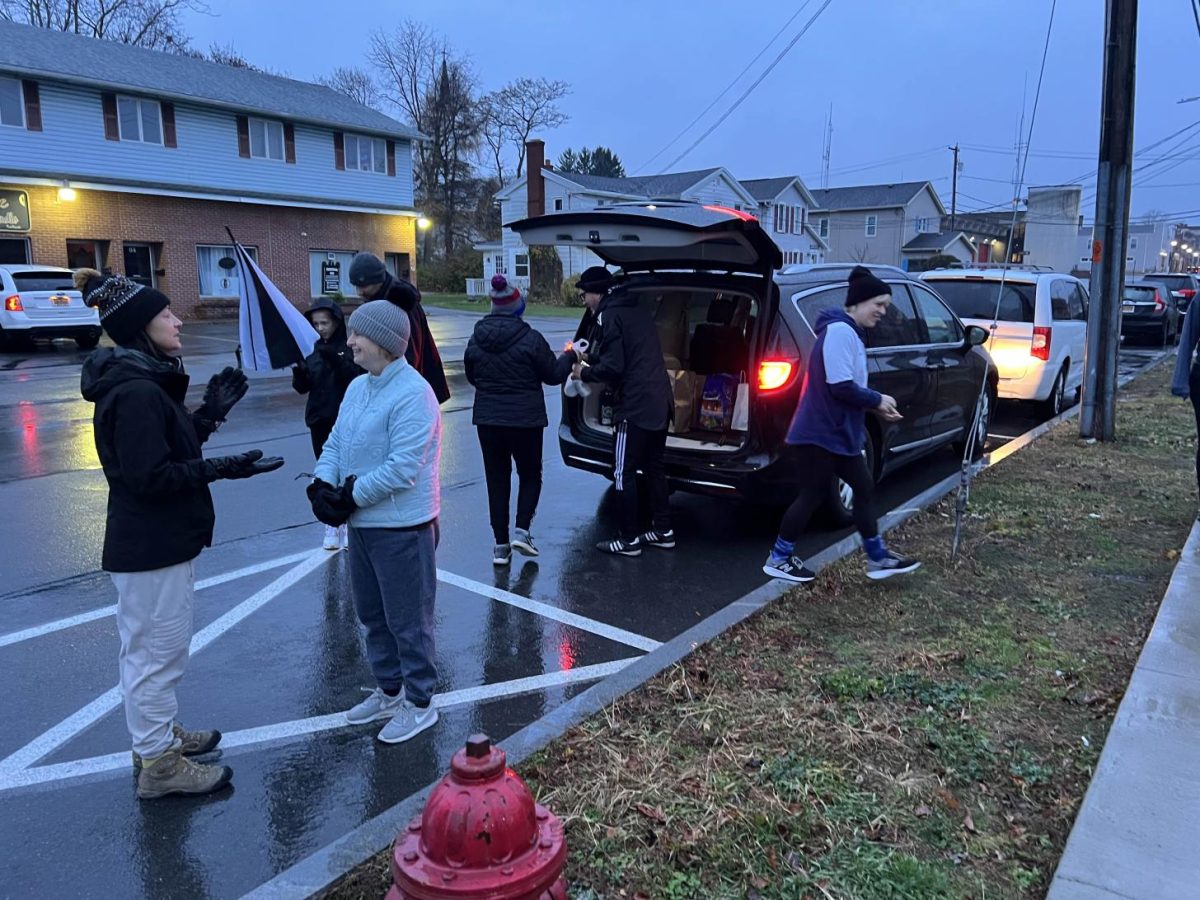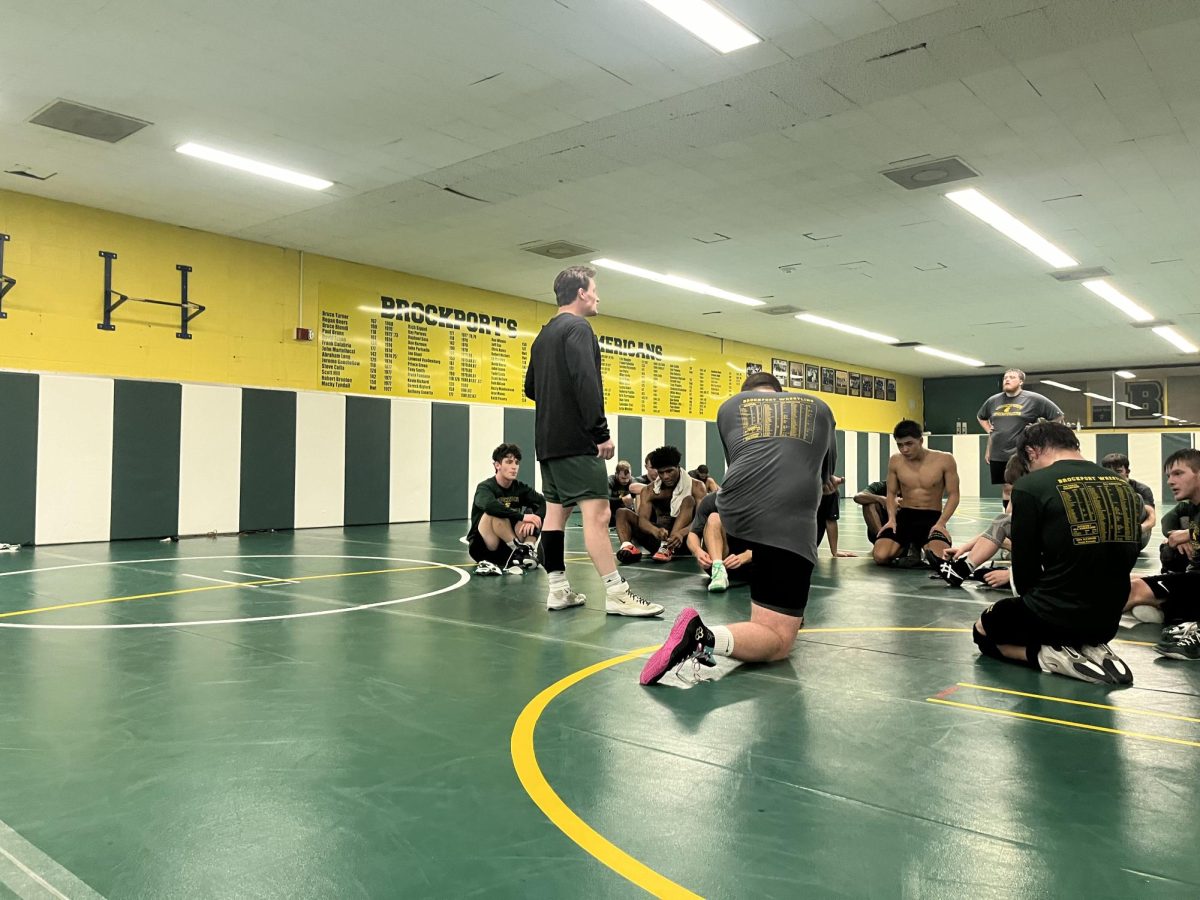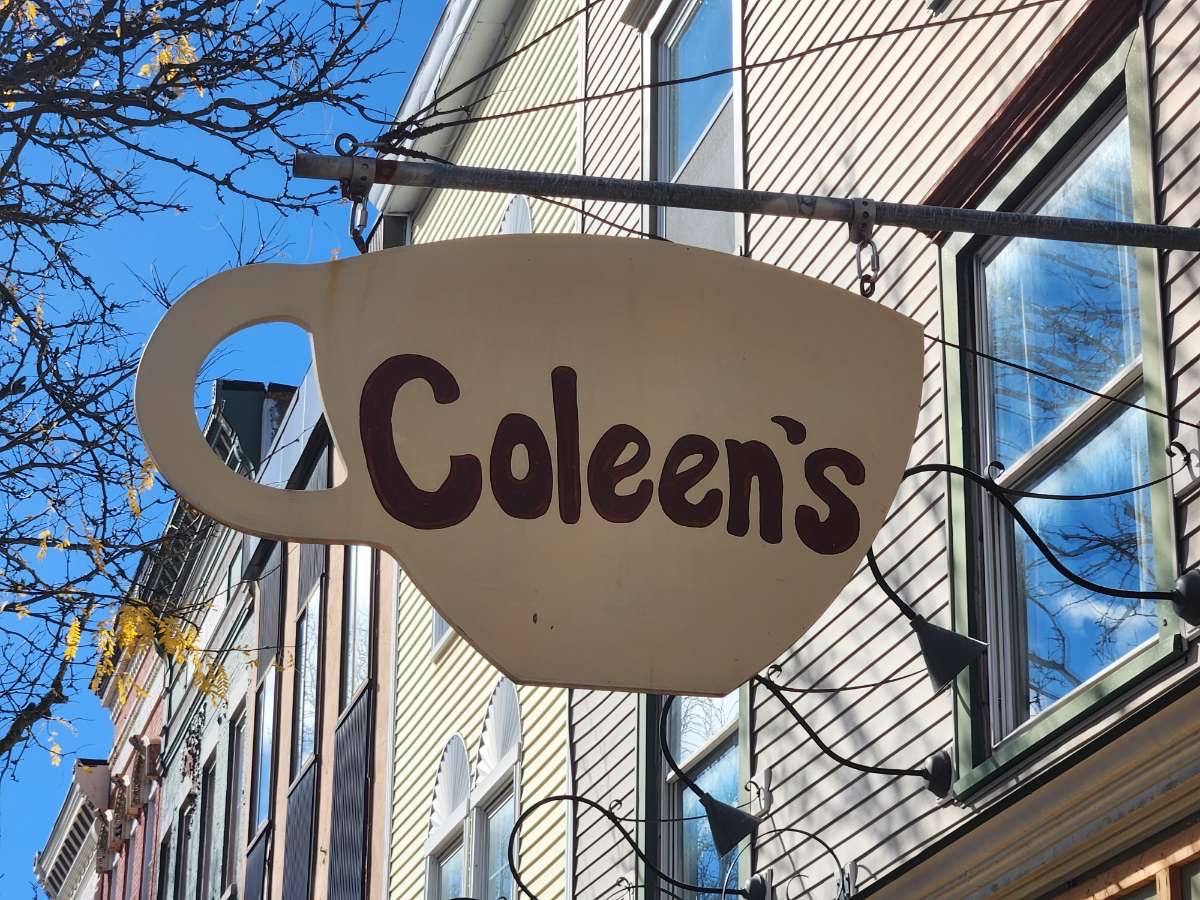After months of discussion, weeks of debate and hours of difficult decisions, the Clarkson Town Board is finally starting to make progress in their journey to implement solar energy systems.
Currently, solar energy installations are permitted for residences, as long as the residents get a permit from the town.
“Solar panels are considered an accessory structure,” says Highway Clerk Ursula Liotta.
Accessory structures are governed by regulations in the Town Code. These regulations dictate details such as the maximum height of the structure and the distance between the structure and the property line.
The proposed new law, which has been years in the making and has involved members of several boards, concerns solar energy structures of a larger scale. It has required help from various experts, the formation of a new committee and months of careful research.
“We’re concerned about what would be quoted as like a ‘solar farm’ coming in,” says Commercial Solar Energy Law Committee member Leslie Zink, who is also a member of the Town Board.
“If you have a resident or a business or something small like that, basically what they’re doing is they’re getting solar [energy] to fuel their own energy needs,” explains Zink. “The solar farms, they’re actually connecting to the network and they’re actually trying to sell this service that they have, so it’s bigger.”
The new law would allow commercial solar energy, but contains rules restricting their size, defining the process for getting approval for them, and establishes procedures for removing them once they are no longer in use.
Members of the Town of Clarkson Commercial Solar Energy Law Committee presented the proposed law as a report to the town board in a board meeting on February 12.
According to the report, solar energy is “an abundant, renewable, and non-polluting energy resource of the Town of Clarkson” and has potential to “reduce dependence on nonrenewable energy sources and decrease the air and water pollution that results from the use of conventional energy sources.”
However, there are potential drawbacks to the use of solar energy as well. As noted by the report, “solar energy conversion systems may represent significant potential issues because of their size, environmental impacts, and safety effects.” These systems can also change “the landscape and appearance” of the area, which may reduce the property values of adjoining properties.
“We want energy, we want this to be open to companies to come in to do, as long as it fits with the nature of the town and it’s not some ugly, you know, thing that covers hundreds of acres that everybody has to be looking at all the time,” says Zink.
Residents of Clarkson have been asking questions about solar energy for several years now, but not much progress was made in regulating solar energy until early 2018.
In a meeting in February 2018, Building Inspector Chad Fabry reported that residents had been asking questions about commercial solar installations and asked for basic parameters from the town board before drafting criteria for these installations.
In April 2018, representatives from the Zoning Board, the Planning Board, the Town Board, town residents, and a representative from Larsen Engineers joined to form the Commercial Solar Energy Law Committee. This was the beginning of nearly a year of research, eventually resulting in the report recently presented to the town board.
With the completed report in hand, the board held a workshop on March 6 to further discuss solar energy systems and suitable locations for them within Clarkson. The proposed law was submitted to Olson, who will make revisions and present the revised law to the board.
“The one thing that’s kind of outstanding that we’re trying to figure out, I mean our latest question is which zoning districts to allow it in,” says Zink.
However, the board members agreed that there would be no installations allowed in the Historical Overlay District and that the structures would be most suitable for the town when located on the northside of Ridge Road.
Once final revisions are made, the local law will need to be reviewed with regard to the State Environmental Quality Review Act. It will also be reviewed by Monroe County and the Town of Clarkson Planning Board. Upon approval, a public hearing would be scheduled, and the town board would vote on adopting the law.
“Personally, I think it’s a good idea to allow it; I always want new industry to come in, obviously,” says Zink. “If we can do anything to stop relying on all the energy sources that we use now…that would be great, but then on the other hand I don’t want something really ugly to have to look at every day.”
The goal, says Zink, is to be ready for solar energy before it comes.
“It’s neat; it’s new; it’s exciting times,” says Zink.











